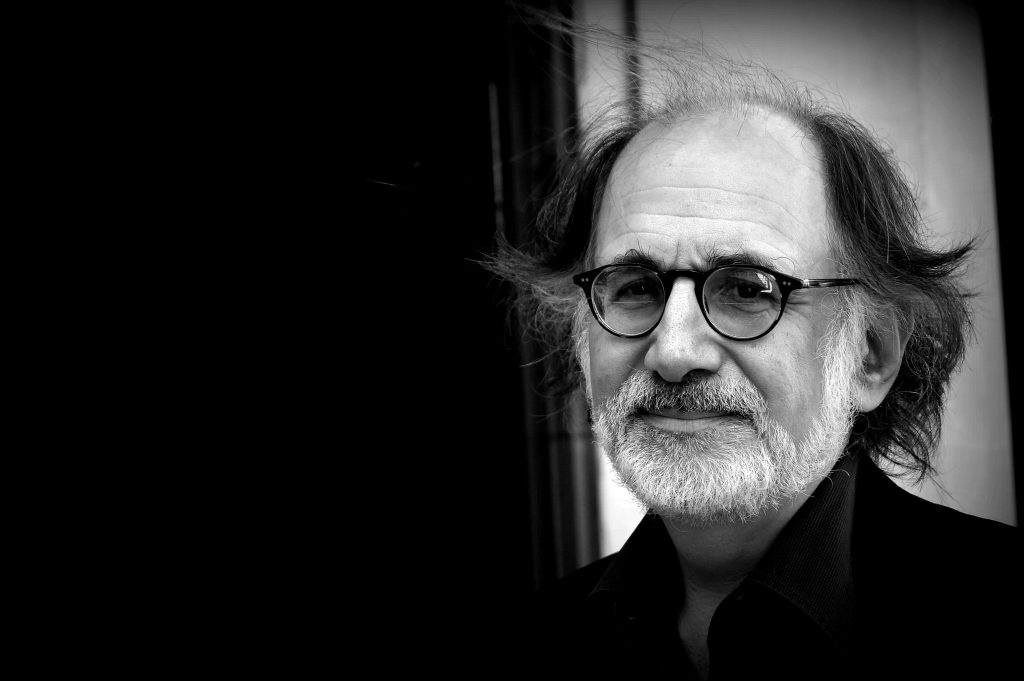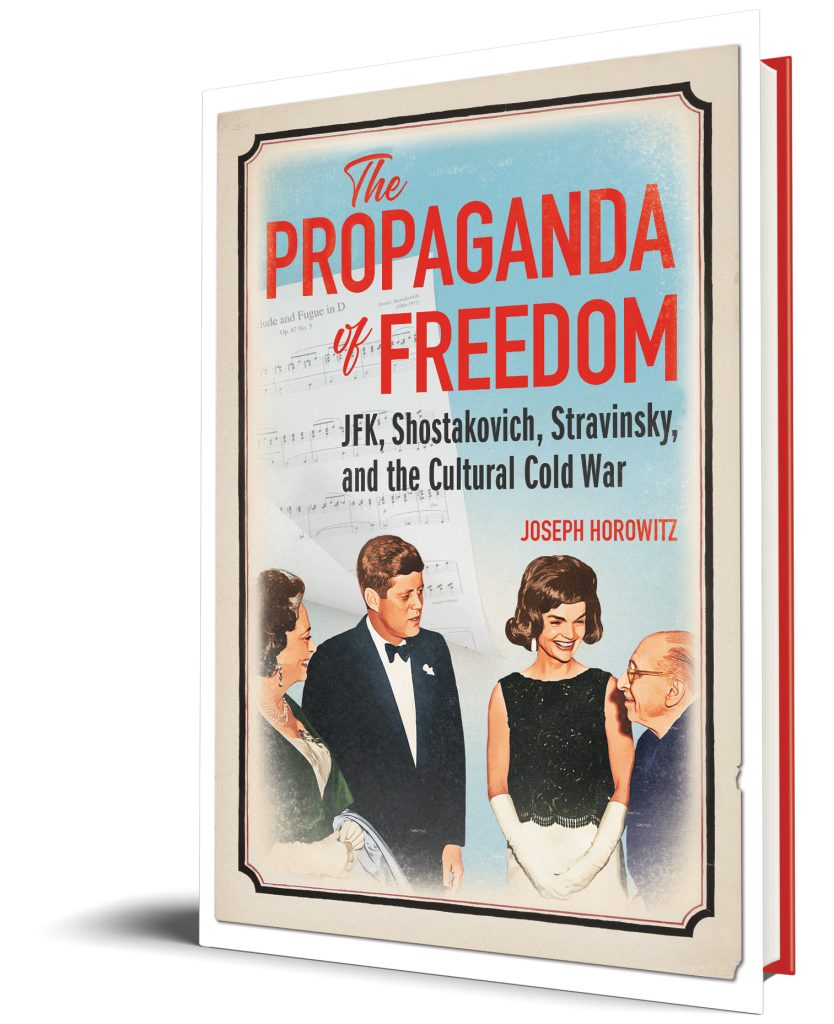Joseph Horowitz, author of The Propaganda of Freedom: JFK, Shostakovich, Stravinsky, and the Cultural Cold War, answers questions on his new book.
Q: Why did you decide to write this book?
I once attended an event at the National Archives about the Kennedy White House as a home to the arts. A speech by JFK extolling the arts as a cherished part of the national experience was read. I was astounded to hear JFK claiming that only “free artists” in “free societies” could produce great art. That’s self-evidently counter-factual. I wanted to find out why Kennedy made such a claim and whether he actually believed it.
Q: What is the most interesting discovery you made while researching and writing your book?
Kennedy’s claim, which I call “the propaganda of freedom,” was in fact the core doctrine of the cultural Cold War as prosecuted by the US. I discovered that Kennedy was an intellectual, but no aesthete – he was susceptible to overlooking obvious Soviet achievements in the arts. I traced the propaganda of freedom to Arthur Schlesinger, who wrote the key speech for Kennedy; to Nicolas Nabokov, who was Schlesinger’s “music expert” and whom Schlesinger brought to the White House; and ultimately to Igor Stravinsky, whom Nabokov worshipped. Both Nabokov and Stravinsky were displaced Russian composers suffering from the trauma of exile; they had to believe in the propaganda of freedom. I call this “the psychology of exile.”
Q: What myths do you hope your book will dispel or what do you hope your book will help readers unlearn?
The Cold War myth that the USSR was a “totalitarian” state inhospitable to creative achievement undermined US propaganda efforts (via the CIA and Congress for Cultural Freedom). It was a glaring symptom of mutual incomprehension – Russia and the US misunderstanding one another. That problem has resurfaced today in the run-up to the war in Ukraine.
I write: “That so many fine minds could have cheapened freedom by over-praising it, turning it into a reductionist propaganda mantra, is one measure of the intellectual cost of the Cold War.”
My book ultimately bears on issues of arts policy and the role of the arts in a nation’s life. I espouse the creation of a cultural ministry (something Kennedy was about to implement when he died) and greatly increased federal arts subsidies (something Kennedy opposed because of his misplaced conviction that creative artists requires “freedom”). In fact, the propaganda of freedom to this day fuels prejudice against government support of the arts.
I believe the American arts are today in crisis – and that this crisis exacerbates our shredded national fabric.

Joseph Horowitz is an award-winning cultural historian specializing in the American arts. His thirteen books include Dvorak’s Prophecy and the Vexed Fate of Black Classical Music and Artists in Exile: How Refugees from Twentieth-Century War and Revolution Transformed the American Performing Arts. His “More than Music” documentaries are a regular feature of NPR’s 1A.

